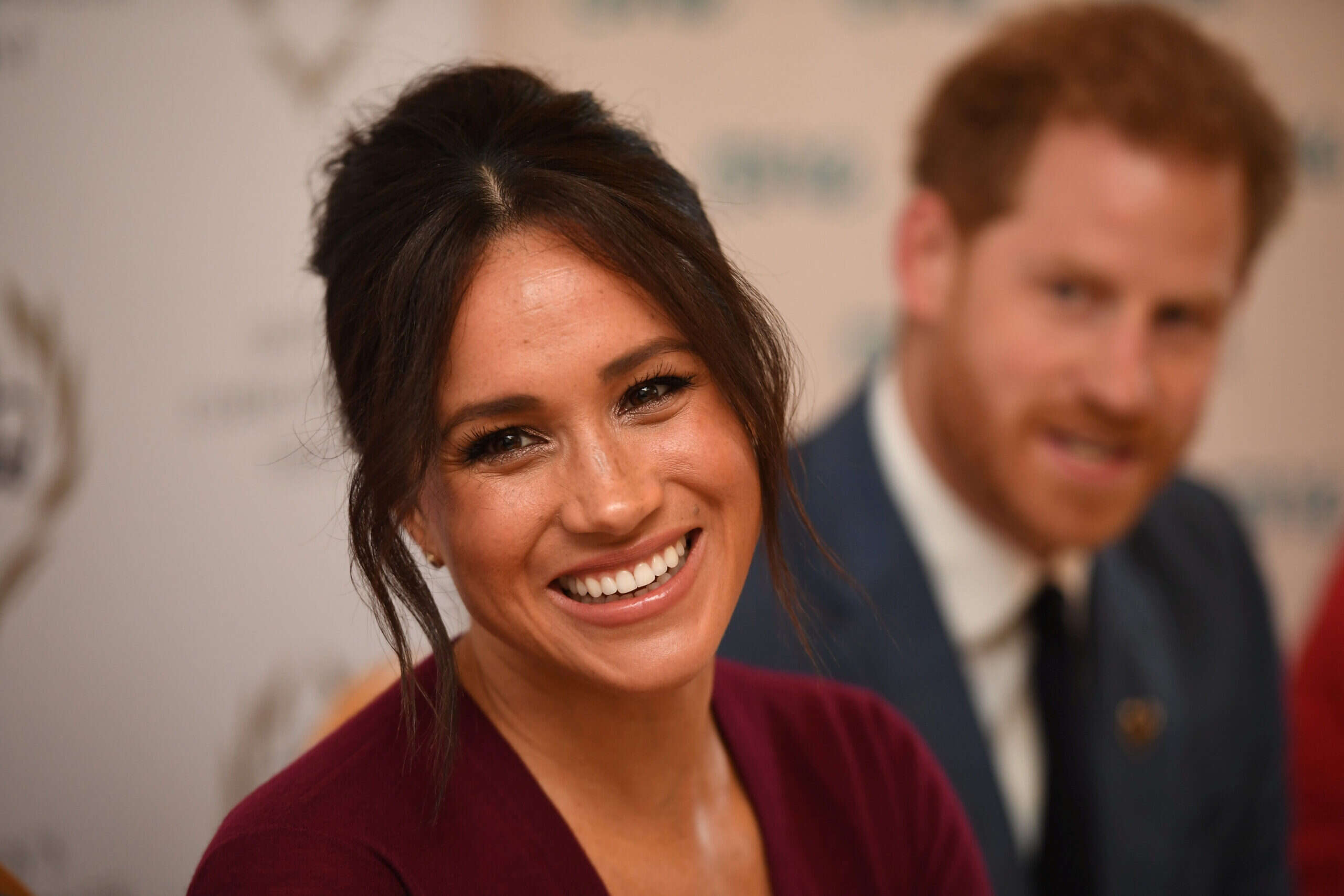
The Duchess of Sussex allowed an unnamed individual to speak to the authors of the Finding Freedom biography to prevent “further misinformation” being spread about her relationship with her estranged father, according to a new court document.
Meghan was concerned that Thomas Markle’s account that she had “abandoned” him and failed to contact him would be repeated, when she had actually called, texted and written to him to “try to persuade him to stop dealing with the media”, papers submitted to the High Court by her lawyers claim.
The document says she indicated to someone she knew had been approached by Omid Scobie and Carolyn Durand, the authors of Finding Freedom, that the “true position” could be “communicated to the authors to prevent any further misrepresentation”.
It adds the duchess does not know the details of how and if the “one item of information” about her communication with her father was shared with the authors.
Meghan, 39, is suing Mail on Sunday publisher Associated Newspapers (ANL) over the publication of parts of a handwritten letter sent to Mr Markle, 76, in August 2018.
She is seeking damages for alleged misuse of private information, breaching the Data Protection Act and infringement of copyright over five articles published in February 2019 which included extracts from the “private and confidential” letter to her father.
In September, ANL was given permission to rely on Finding Freedom – a biography of Meghan and her husband, the Duke of Sussex, which was published in August – in its written defence to the duchess’s High Court claim.
In her re-amended reply to ANL’s defence, Meghan’s legal team argues that neither the duchess or Harry co-operated with the authors of the book, did not meet with them and were not interviewed for the biography, formally or informally.
It claims Meghan “was concerned that her father’s narrative in the media that she had abandoned him and had not even tried to contact him (which was false) would be repeated, when in fact she had tried to call him, and text him, and had even written a letter to him to try and persuade him to stop dealing with the media; and he had written back to her.
“Accordingly, she indicated to a person whom she knew had already been approached by the authors that the true position as above (which that person and several others who knew the claimant already knew) could be communicated to the authors to prevent any further misrepresentation.
“She does not know to what extent or in what terms this one item of information concerning her communications with her father was shared with the author.”
The document later claims that save this “extremely limited and legally irrelevant extent” it is denied Meghan “had knowingly caused or permitted information about her personal relationship and/or communications with her father, including the existence of the letter and a description of its contents to enter the public domain”.
It also says that “for the avoidance of doubt”, Meghan did not give the authors “directly or indirectly” a copy of the letter to her father, its contents, or a description of its contents and her father’s reply.
The document goes on to say: “As far as the claimant is aware, the authors did not have in their possession a copy of the letter or her father’s response.
“If anyone supplied a copy to them this happened without her consent or knowledge and contrary to her wishes.
“The claimant did not authorise or wish the contents of the letter to be published in the book, not just because its contents were deeply private and sensitive, but because to attract publicity to them would have been contrary to her principal objective in sending it to her father, which was to stop him talking to the media in misleading terms about his relationship with her, which was a private matter.”
At a hearing in September, ANL asked for permission to amend its written defence to Meghan’s claim to argue that the Sussexes “co-operated” with the authors of Finding Freedom, which was published in August.
The publisher argued that the duchess gave the authors information about the letter to Mr Markle “in order to set out her own version of events in a way that is favourable to her”.
But Meghan’s lawyers said accusations the duke and duchess “collaborated” with the authors were a “conspiracy theory” and argued that references to the letter in the book were simply “extracts from the letter lifted from the defendant’s own articles”.
Picture: Jeremy Selwyn/Pool via Reuters
Email pged@pressgazette.co.uk to point out mistakes, provide story tips or send in a letter for publication on our "Letters Page" blog
